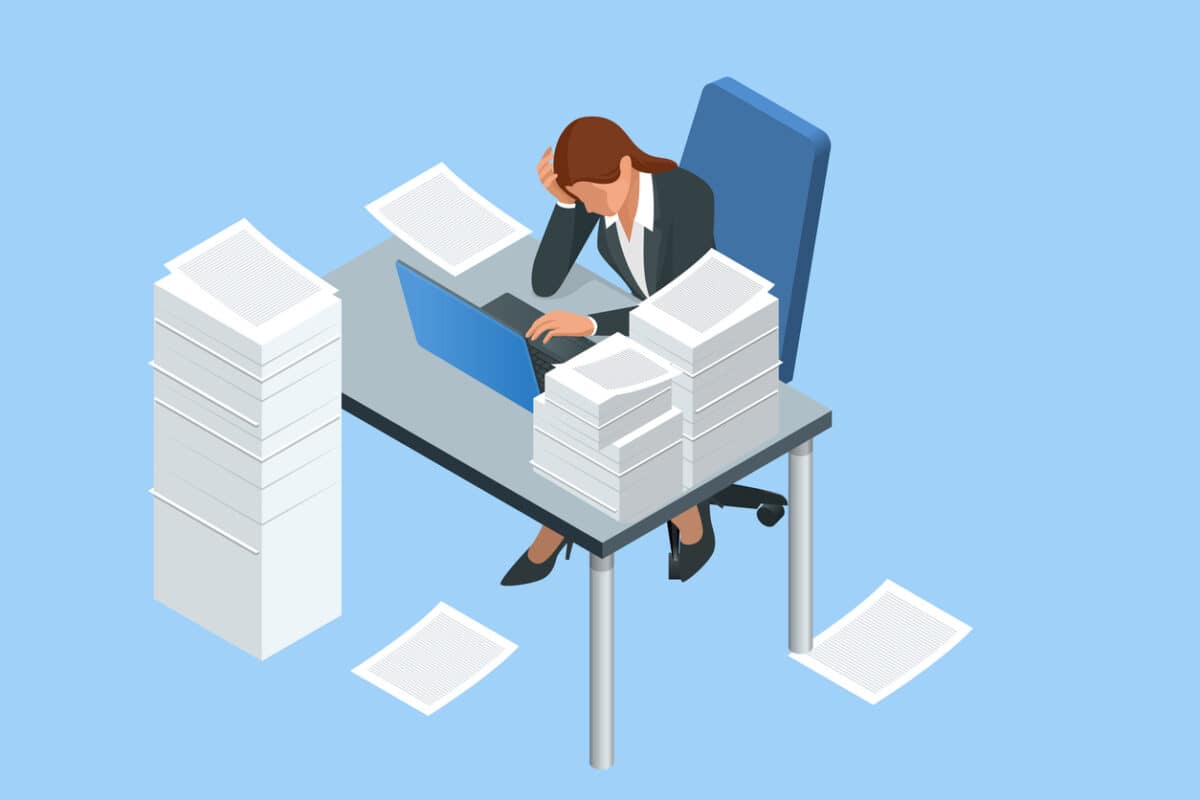Recently, sentencing in a court case in Melbourne has generated much online chatter about excessive working hours and the exploitation of workers in a small law practice. One report of the $A50,000 fine against Erudite Legal says that the company:
“…forced a junior lawyer to work up to 24-hour days and watch an ice hockey movie at 1am so she could understand her boss’ philosophical position”.
Other media reports provide more details of the successful prosecution, but the occupational health and safety (OHS) context is mostly absent.







